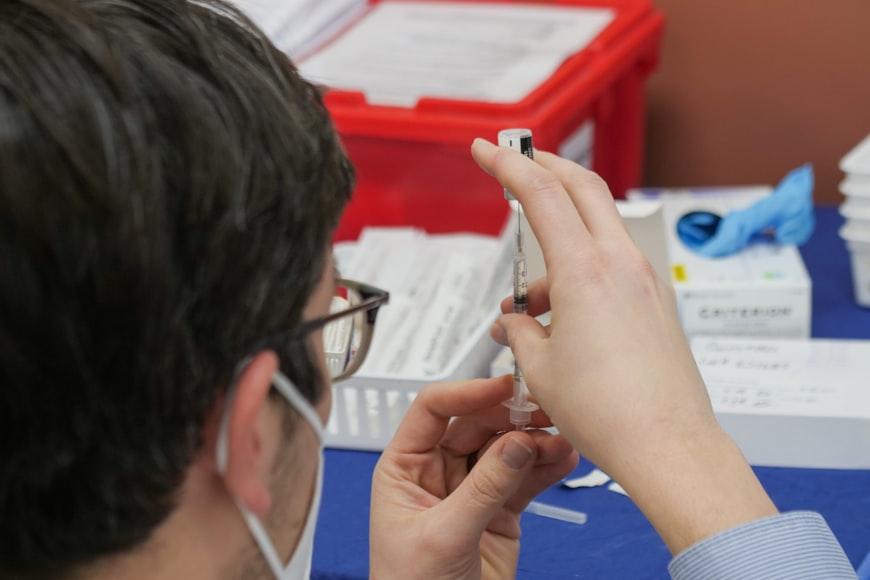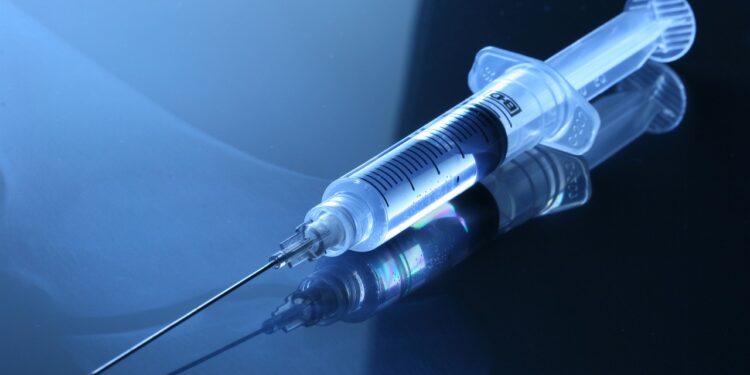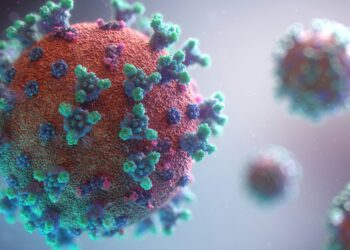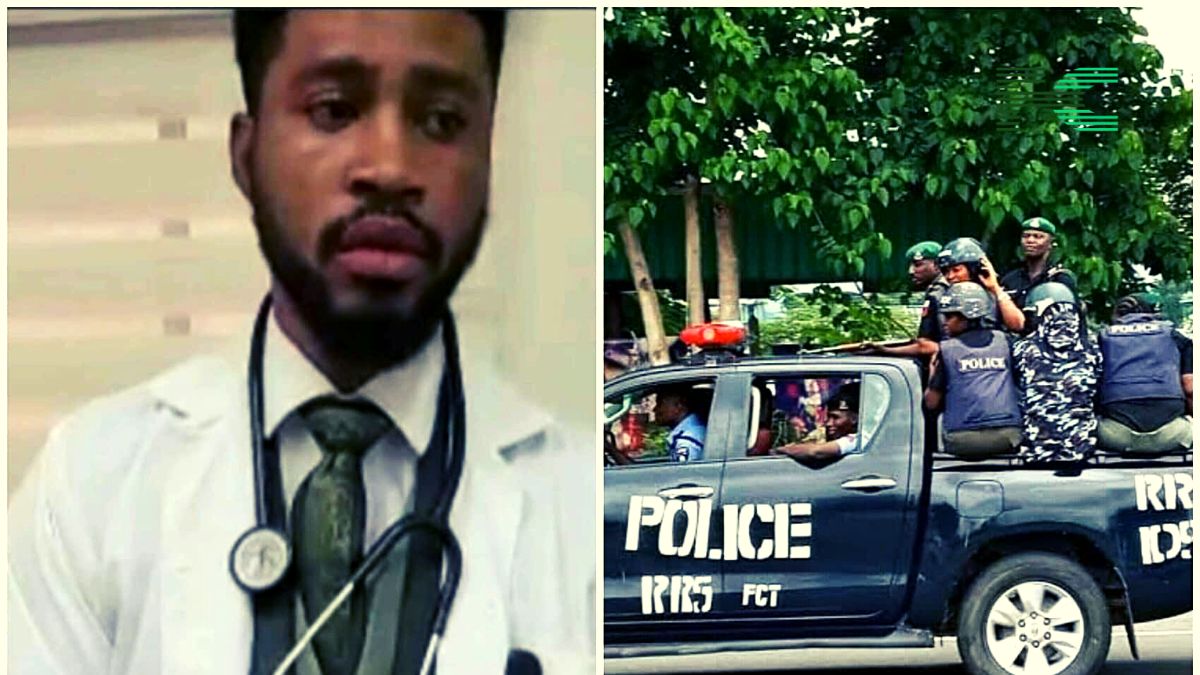Did you know that respiratory syncytial virus, RSV, hospitalizes approximately 1%–3% of nearly every child before the age of 3? This is often seen as a mild infection, but it can escalate quickly, making it one of the leading cases of respiratory issues in young children and the elderly. RSV is a virus that infects the lungs and breathing passages.
For most people, it causes mild symptoms like colds. But for a more vulnerable set of people like babies, young children, older adults, and people with weak immune systems, it can be even worse. In these groups, RSV can lead to lung problems like, bronchiolitis, which is swelling in the small areas of the lungs, or pneumonia, which can make it hard to breathe and sometimes may require them to stay in the hospital.

Process of Contracting RSV
The RSV is easy to catch. When someone with RSV coughs or sneezes, tiny droplets from the mouth or nose carry this virus through the air. You can catch RSV by breathing in this droplet or touching something that has the virus on it, like a door handle or kitchen surface, and then touching your face. Once the virus is inside your body, it first infects the nose and the throat. From there, it can travel deeper into the lungs.
In the lungs, it attacks the cells in the airways, damaging them and causing them to swell. Because of this swelling, breathing becomes harder and other symptoms begin to arise from there. People with RSV often experience a cold followed by a runny nose, cough, sore throat, and sometimes a fever. In some serious cases, RSV can spread deep into the lungs and cause serious problems like bronchitis and pneumonia. It usually takes people about a week or two to recover from RSV without any medication. After getting RSV, the body builds a small amount of protection, but people can still get RSV again though, usually less severe than the first time.
RSV Vaccine
For years, RSV has been a major health concern, especially for the vulnerable groups mentioned above. The exciting news is that scientists have developed a vaccine that can help prevent RSV infections. The RSV vaccine helps your body recognize the virus and fight it before it can make you sick. It introduces harmless parts of the virus, often a protein from its surface, that can cause an infection. When this protein enters the body, the immune system learns to recognize it and creates antibodies, which are protective proteins. Later, you should be exposed to the real RSV virus. Your immune system remembers it and quickly releases these antibodies to fight off the virus.
Clinical Trials
Two vaccines, called Arexvy and Abrysvo, have been approved by the FDA for people aged 60 and older. In large trials, Arexvy showed it could prevent serious RSV illness 82.6% of the time, while Abrysvo had an effectiveness of 66.7% in protecting against RSV-related lung infections.
One RSV vaccine was being tested to protect babies through maternal vaccination (where the mother is vaccinated during pregnancy). This study was stopped early because researchers noticed a possible increased risk of preterm birth. Despite this, the vaccine was shown to prevent serious RSV illness in newborns 81.8% of the time.
Bottom Line
RSV is a common virus that often feels like a cold, but it can be dangerous for babies, young children, older people, and those with weak immune systems. For them, RSV can lead to serious lung problems that might need hospital treatment. The virus spreads easily through sneezes, coughs, and touching shared surfaces. The good news is that a new RSV vaccine can help. It teaches the body to recognize RSV and fight it off before it gets serious. Tests have shown that this vaccine works well, especially for adults over 60, and scientists are still working on ways to protect babies too.

















